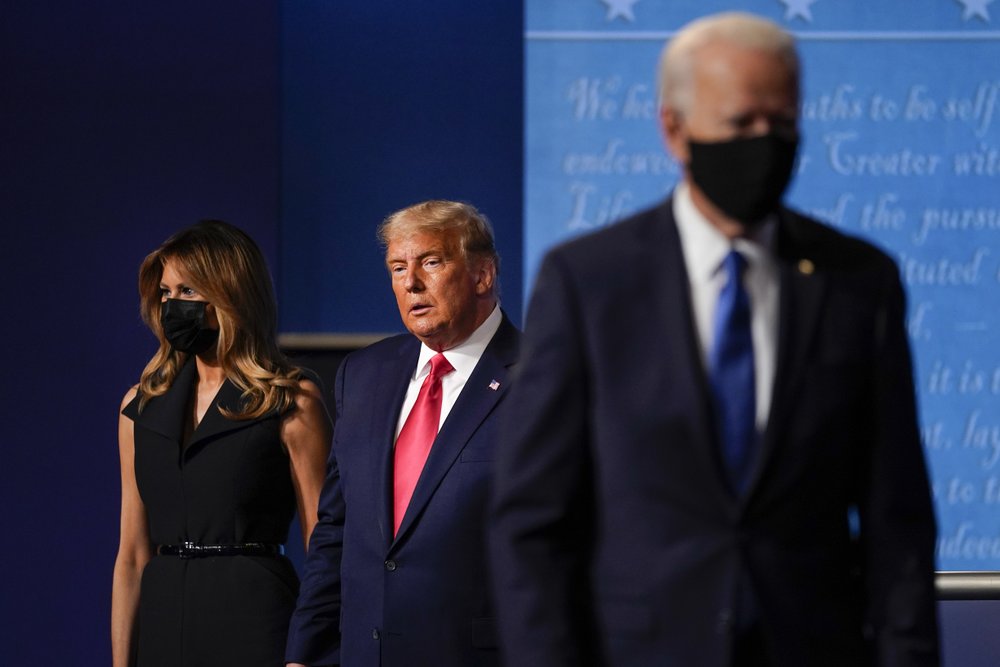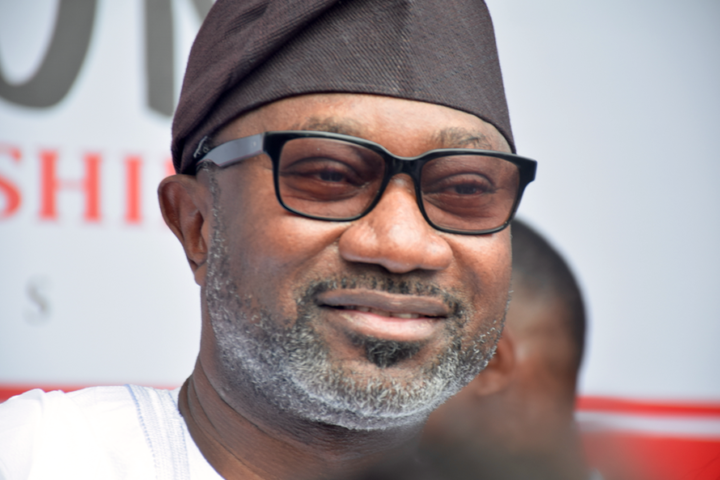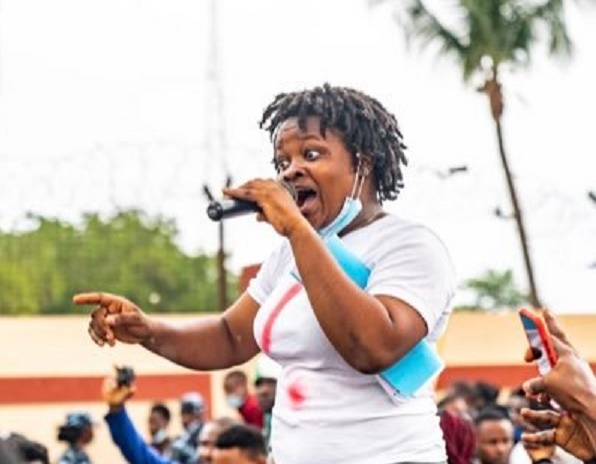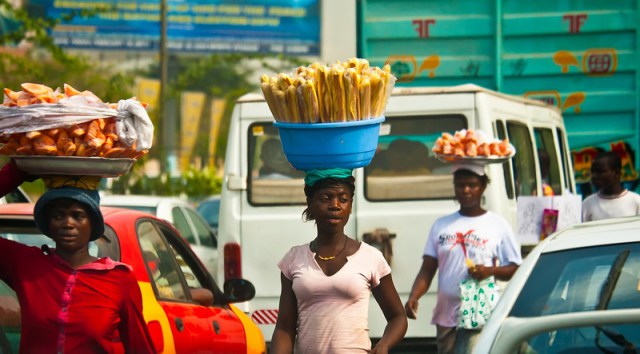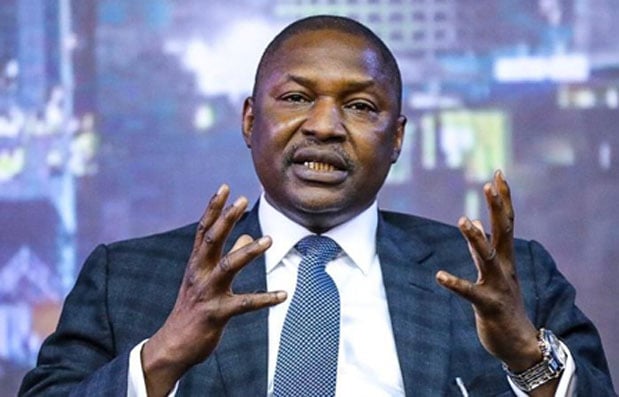CHRIS ADETAYO
One of the popular catch phrases on social media is the prayer, “May Nigeria succeed”. It speaks to a lot. There is the inherent patriotism behind it, a keen desire to see the country overcome the challenges that have held it back for so long. There is also the inherent faith that is common amongst Nigerians, faith in a better life for the nation’s citizens. But it also speaks to the current situation of Nigeria’s development.
So far, while Nigeria has not been a write-off failure, it is far from being a success to the majority of its people. In recent times, nothing has brought this to focus more than the #EndSARS protests that engulfed many Nigerian cities (and several others around the world) in the month of October, 2020. On the surface, it was a campaign to end police brutality, a brutality that is disproportionately visited on the youths of the country. Deep down, it was a campaign of complaint, one that underscored the lack of good governance and the entrenchment of economic deprivation in the country. The latter partly explains why the protests, well managed and peaceful when led by the youths, descended into lawlessness and wanton looting when the downtrodden masses jumped on the bandwagon.
The Federal and State Governments should be commended for their initial reactions to the protests. They were conciliatory and understanding. On the orders of the President, the Police announced the disbandment of SARS/FSARS. State Governments were also enjoined to set up Panels of Inquiry in their respective States and to invite the public to submit their complaints. Several Governors joined in and addressed some of the protesters. But these actions were met with disdain and disinterest, no thanks to previous promises on the same subject that were never seen through.
Advertisement
As the various Governments begin the process of picking up the pieces of October, especially in the face of the destruction in some parts, Nigeria has a great opportunity to reset the sails and push the country’s ship towards a more inclusive polity and economy. It must seize this opportunity and make the best of it.
There is no better place to start than a recalibration of the nation’s relationship with its teeming youths. In doing this, the nation must start with a recognition of the high level of patriotism that this critical demographic has. Seeing them protest by waving the Nigerian flag and singing the National anthem attests to this. It was a statement of their abiding faith in the Nigerian nation. It is now time for the nation to repay their faith.
A good place to start is with the dialing back of President Buhari’s infamous assertion in 2018 that Nigeria’s youths are lazy (not his exact words). In stating that the youths “sit and do nothing, and (want to) get housing, healthcare, education free”, the President unfortunately painted an unfair picture of a category of citizens that is crucial to the nation’s development. When one considers the waves that many Nigerian youths are making, the entrepreneurial spirit that drives them, and the positive impact they have on the country’s image in such diverse sectors as music, technology, comedy and sports, these are not citizens waiting for anything free. The sour taste that the statement left is partly responsible for the nonchalant reaction to the efforts of the President to end the protests early on. Now is the time for the President to change tack and pamper the youths with kind words. Baring COVID-19 restrictions, he should consider meeting with key youth leaders, apologise for the unkind words said in the past, and build bridges of trust and partnership. All these will augur well for the country.
Advertisement
Beyond the nice words, the President needs to hear the youths out. If he does, he will soon realise that this is a generation of youths that is not expecting the Government to provide it with traditional jobs. Their vision is no longer about 9 to 5 jobs. They aren’t all that bothered about white-collar jobs either. In them is the spirit of entrepreneurship, a can-do spirit that seeks to break barriers and tap into global opportunities. They have knowledge and access to technology, one that comes with the opportunity to upend traditional industries and scale them up, including one that is dear to the President – farming. Technology also enables the youths to aspire to work out of Nigeria for any company anywhere in the world, as Indians have done so well and many young Nigerians are increasingly doing. There is a lot the Government can do to further their dreams, starting with hearing them articulate their challenges in ways that only they can.
Away from the youths, the political class also need to carry out some deep soul-searching. It is now clear to most citizens that poverty has been weaponized in the country, and that many of the efforts to better the fortunes of the people are, at best, half-hearted. Governments across the land need to move away from schemes that, looked into deeply, only paper the huge cracks in the nation’s economic walls. Many of such programmes have come with fanciful names, including Poverty Alleviation, Market Money and COVID-19 Palliatives. Through these schemes, piece-meal efforts that have little chance of lifting people out of poverty are put up for show. The net effect is the rising rate of poverty in the country, now the highest in the world. Nigeria needs radical ideas, not poverty entrenching schemes. China warehouses a lot of the templates that we can borrow from in this regard.
October showed us two sides of a possible revolution. The first, a peaceful protest about police brutality, fits into the Velvet Revolution playbook. It invites peaceful yet enduring change, one that leaves all parties satisfied at the outcome. The second, akin to the bloody French Revolution, was led by marauding mobs of questionable provenance. They took to searching for and invading known and unknown warehouses in the search for food and other “palliatives”. Who is to say what next they will be searching for in another season? This is a lesson our leaders must learn. Relying on the age-long belief that Nigerians will allow themselves to be pushed through the wall may no longer do. Fix what needs fixing now before the streets compel you to do so.
May Nigeria Succeed!
Advertisement
Adetayo is a public and international affairs commentator and writes from Lagos.
Views expressed by contributors are strictly personal and not of TheCable.
Add a comment


